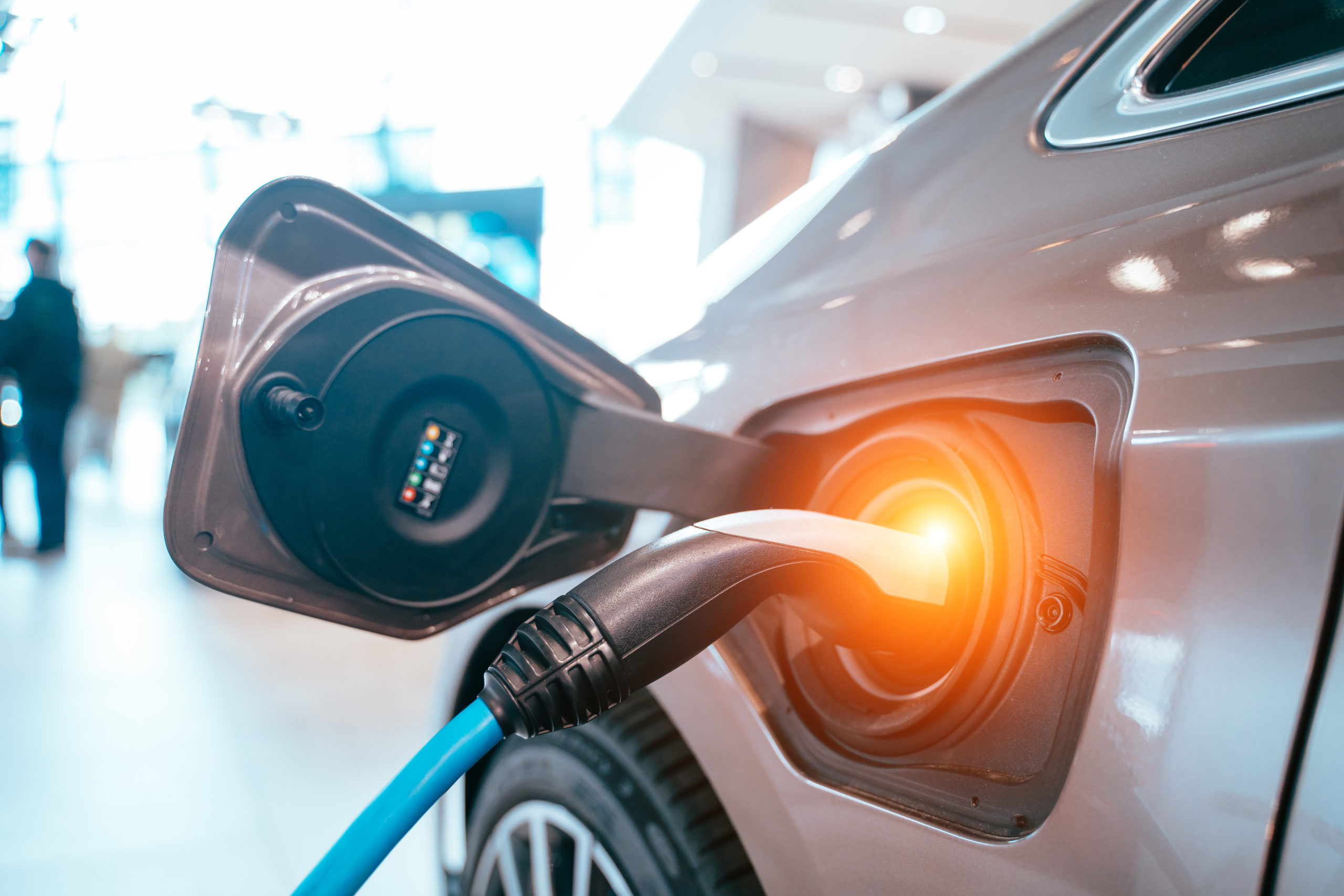
Electric Cars and What to Consider
The ban on new petrol and diesel cars is fast-approaching, with the cut-off date of 2030 looming on the horizon, and the number of electric cars on the road is rapidly increasing, accounting for 11.6% of UK new car sales in 2021. Yet, many are still hesitant to opt for electric vehicles for a variety of reasons. Here are some things to consider if you are thinking about making the switch to electric.
Electric car sales
The sale of electric cars is on the up. As well as the very-visible Tesla, there are an increasingly number of electric cars out there, from long-established car manufacturers - like the Nissan Leaf, Peugeot e-208 and Ford Mustang Mach-E.
Cost is a big factor in drivers not switching to electric, but thankfully there is now a bigger choice of electric vehicles under the £30k mark, with the least expensive electric vehicle coming in at just £15k: the Skoda CITIGOe iV. Second hand vehicles are also making electric cars much more accessible to the average driver.
It’s still very much the case, however, that electric vehicles are much pricier than their petrol and diesel counterparts, but costs are expected to fall and, between 2025 to 2027, to come in line with our petrol and diesel cars.
Charging your electric vehicle
There were 32,312 charging points across the UK - in 19,945 charging locations - by the end of May 2022, seeing a 32% increase in a year.
There’s a plan in place by the UK Government to increase the amount of charging stations ten times over, by 2030 – this will grow the electric vehicle infrastructure strategy fund by a whopping £450 million.
Home charging is currently the most popular way to charge your electric vehicle, with 80% of drivers charging at home, usually at night, as it takes between 6 and 12 hours. Home charging your electric car is less expensive than buying petrol or diesel for your current car.
Range
Ranges are getting better. Electric cars can now run for an average 194 miles, with the Top 5 selling electric cars in the UK able to run for 200 miles on full charge. The Mercedes EQS and the Tesla Model S Long Reach can even go an awe-inspiring 400 miles on a single charge.
Insuring your electric car
Claims history, driving experience and the value of your vehicle will all affect the amount of your premium when it comes to insurance. It is still more expensive to insure an electric car because of the availability of parts and the specialist repair work needed on them. Breakdown cover is also a bit of a thorny issue, as it doesn’t currently fully cover electric cars, but the RAC are leading the way on this and do offer a re-charge service for electric cars at the roadside.
Ascend can help!
We're here to assist with keeping your electric car on the road! Insuring your electric car, or fleet of electric cars, may be a little trickier than your petrol or diesel car, historically, but we are experts in this new and exciting area of insurance and can source the best policy for you - at the most cost-effective price - from our wide network of contacts with insurers in the market. Get in touch with us today!
Any questions? Please don’t hesitate to contact one of our team.
Steven.gillespie@ascendbroking.co.uk | Office: 07719 069 267






